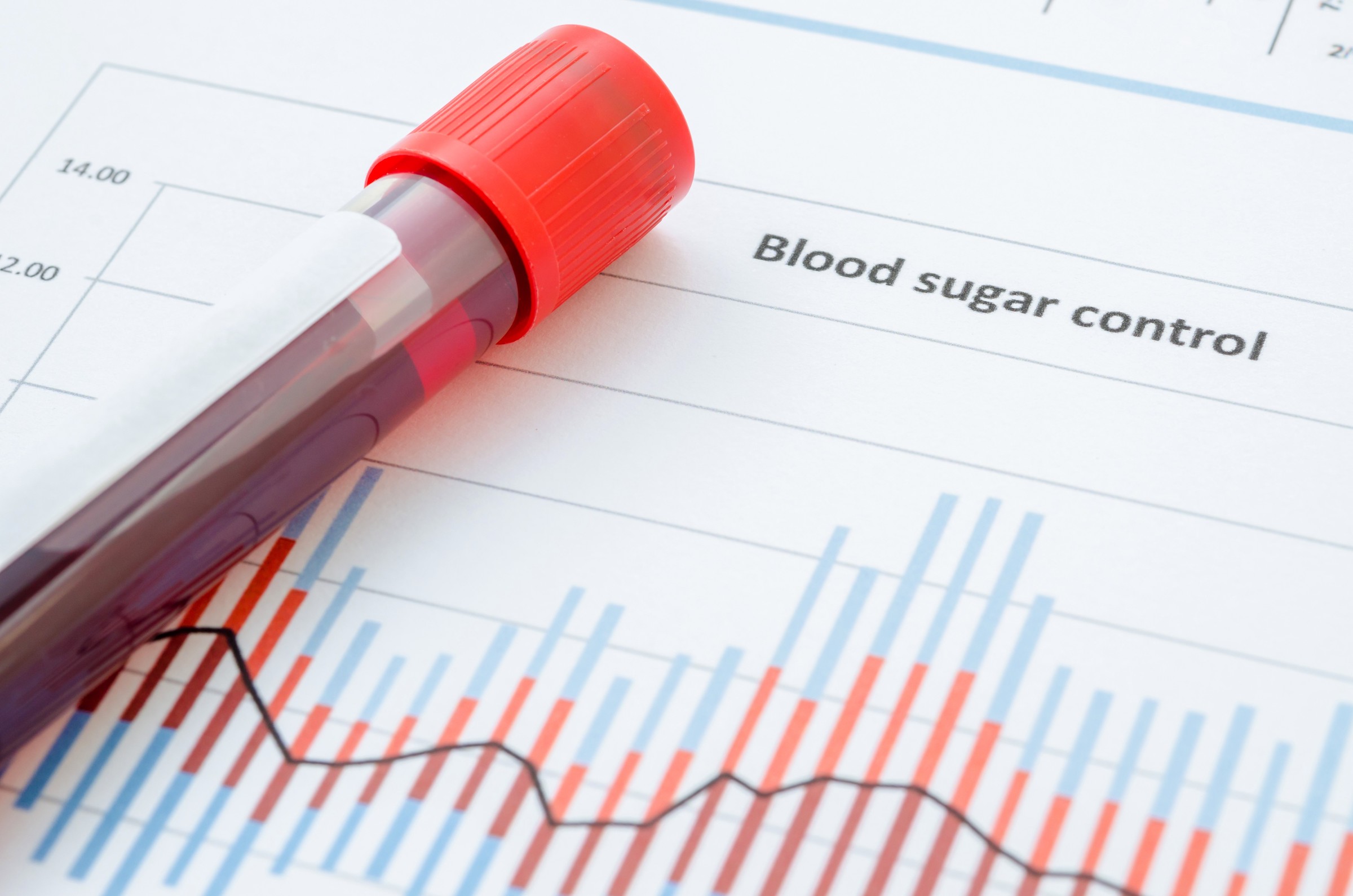
What to do if you experience hypoglycemia (also called low blood sugar)
Hypoglycemia, or low blood sugar, can cause you to feel shaky, sweaty, dizzy, lightheaded, hungry, anxious, irritable, confused, sleepy, a general feeling of “not feeling right” among other less common symptoms. Hypoglycemia means a blood glucose reading of less than 70 mg/dL, but some people may develop symptoms with higher numbers.
What might cause hypoglycemia? Common causes include missed meals, eating fewer calories, an increase in physical activity or exercise and certain diabetes medications. If you suspect you might be experiencing hypoglycemia, you should do the following:
Follow the ‘Rule of 15’
Step 1: Check your blood glucose. If it is below 70 mg/dL or you have symptoms, eat or drink 15 grams of carbohydrate. Examples include:
| • 3 – 4 glucose tablets
• 1 cup (8 oz). of skim milk • ½ cup (4 oz). of any fruit juice • ½ cup (4 oz). of regular soda –not diet
|
• 1 tablespoon of sugar or 5 small sugar cubes
• 1 tablespoon of honey or syrup • 1 serving of glucose gel –the amount equal to 15grams of carbohydrate
|
If you cannot check your blood glucose right away, eat or drink 15 grams of carbohydrate just to be safe.
Step 2: Wait 15 minutes – this is important! It takes 15 minutes to feel better, no matter how much carbohydrate you use to treat the low blood glucose.
Step 3: Check your blood glucose again. If your blood glucose level is still low (<70 mg/dl), or if you still have symptoms, eat or drink another 15 grams of carbohydrate. Repeat steps 1 – 3 until your blood glucose level is 70 mg/dL or above, and your symptoms have gone away.
If you still have low blood glucose after two checks, call 911.
Step 4: Check your blood glucose one hour after your blood glucose reached 70 mg/dL or your symptoms went away, as additional carbohydrate may be needed if you don’t have a meal or snack planned. Blood glucose levels tend to drop about one hour after treatment.
Please call your primary care provider or endocrinologist Immediately or seek immediate in person care at an urgent care clinic or emergency department if you experience hypoglycemia more often than twice weekly or if you have very low blood sugar (< 55 mg/dl)
What to do if You Experience Hyperglycemia (also called high blood sugar)
If you develop a blood glucose reading of over 300 mg/dL, then call you primary care provider or endocrinologist immediately and if they are not available, then seek immediate care at an urgent care clinic or emergency department.
26 sep. 2023
